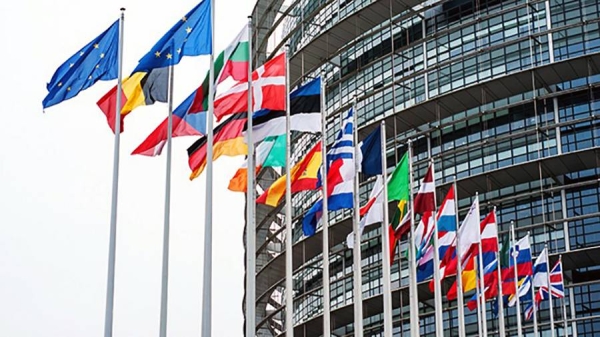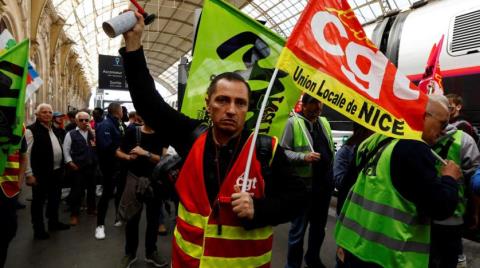
The Iranian regime’s dire human rights record has only worsened in 2021, with growing numbers of violations, particularly in the months since Ebrahim Raisi, the so-called “Butcher of Tehran,” became president of the republic.
Referring to the growing use of capital punishment and the alarming rate of executions in Iran, Javaid Rehman, the UN special rapporteur on human rights in the country, told the UN General Assembly that “there are extensive, vague and arbitrary grounds in Iran for imposing the death sentence, which quickly can turn this punishment into a political tool.”
Delivering his his fourth annual report on Oct. 25, Rehman warned: “In addition, the structural flaws of the justice system are so deep and at odds with the notion of rule of law that one can barely speak of a justice system. The entrenched flaws in law and in the administration of the death penalty in Iran mean that most, if not all, executions are an arbitrary deprivation of life.”
Suppression and execution of political prisoners and those who protest against the ruling mullahs are increasing. In fact, the Iranian regime is one of the leading executioners in the world, according to the Human Rights Watch 2021 global report.
In order to carry out its executions of political prisoners, Iran’s judiciary accuses defendants of vaguely defined “national security crimes.” These reportedly include “moharebeh” (enmity against God), “ifsad fil arz” (sowing corruption) and “baghi” (armed rebellion).
It is not only the number of executions that is appalling, but also the nature of some of the killings. Executions have involved juveniles, women and individuals from ethnic and religious minority groups, including Kurds, Arabs and Sunnis. Although Iran is a signatory to the UN Convention on the Rights of the Child, the government has made no effort to alter the country’s penal code, which allows girls as young as nine to be executed.
One can assume that those executed on political or religious grounds had no access to a fair trial or anything close to a legal defense. The regime also targets, intimidates and imprisons lawyers who dare to represent the defendants. According to the Center for Human Rights in Iran: “Three more human rights attorneys in Iran were handed unjust prison sentences in July 2021 amid an ongoing campaign to eliminate due process for activists and dissidents by intimidating the lawyers who defend them.”
The center said that four defense lawyers — Nasrin Sotoudeh, Mohammad Najafi, Soheila Hejab and Giti Pourfazel — were imprisoned in the country on trumped-up charges in August 2021, while two additional lawyers — Farzaneh Zilabi and Mohammad Hadi Erfanian-Kaseb — were prosecuted on false charges in June 2021.
In addition, men, women and children have been tortured during interrogation while being held, forced to confess and denied medical care as well as family visits. Torture methods include being flogged or beaten with sticks, batons and cables, and being placed in a solitary prison cells for lengthy periods without water and food.
Rehman on Oct. 25 urged the Iranian authorities “to undertake further reforms in order to end the imposition of the death penalty in violation of international law, in line with consistent recommendations made year after year to Iran by international human rights mechanisms.”
However, there is little incentive for Iranian leaders to reform their repressive judiciary system when they feel no pressure from the EU and Washington. The Biden administration appears to view Iran only through the prism of the Joint Comprehensive Plan of Action, or nuclear deal.
Furthermore, the European powers are not only failing to hold the Iranian regime accountable for its heinous human rights violations, but are doing business with Tehran as well. From January to July 2021, EU trade with Iran brought roughly $3 billion (SR11 billion) to the regime. According to Iran’s Financial Tribune newspaper, Germany remained the country’s top trading partner during the seven months under review, with the two countries €1.01 billion (SR4.3 billion) of goods. Italy came next with trade worth €347.96 million.
In summary, the Biden administration and the EU should not view the Iranian regime only through the lens of the nuclear deal, but must place the Iranian regime’s egregious human rights abuses at the top of their agenda.









